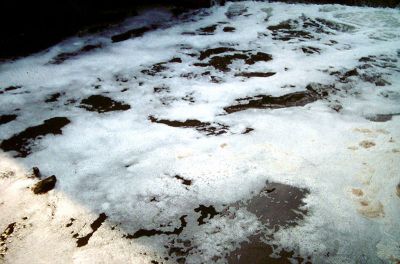
Researchers have developed a novel biofilter system that can eliminate nitrogen and phosphorus from wastewater without the presence of organic matter.
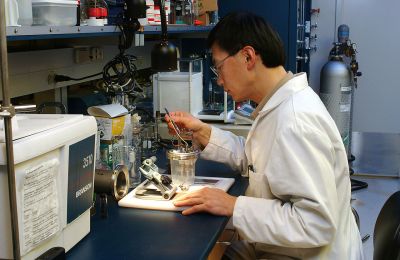
Fuel cells may represent a real alternative to standard power sources such as batteries and diesel generators for off-grid telecom applications. An EU-funded project aims to prove their advantages to potential customers in different industrial sectors.
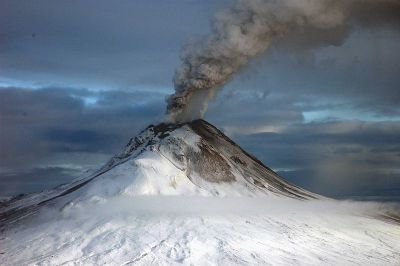
EU-funded scientists developed novel tools to more accurately predict volcanic eruptions. The developed models should allow better decision making during volcanic crises.
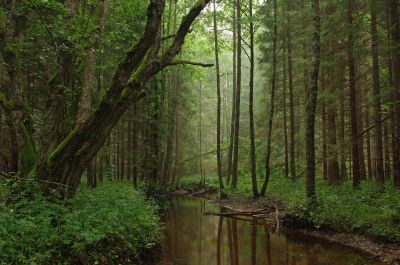
Researchers have shown that bacteria in riverine ecosystems can break down common organic pollutants.
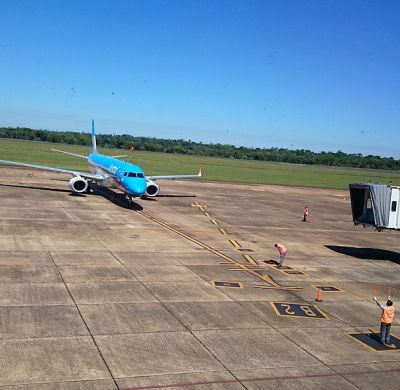
Keeping large jets in flight while traversing thousands of miles at high speed consumes quite a bit of fuel. Novel technology to reduce drag while reducing weight promises a significant reduction in fuel usage and associated costs and emissions.

EU-funded scientists developed smaller-size, lightweight and low-power electronics for actuators that can find application in aircraft.
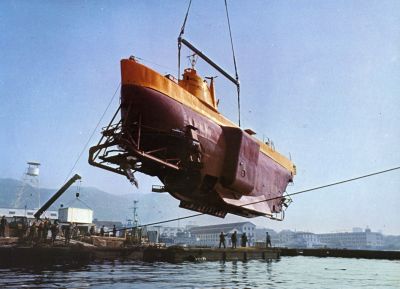
In June 1770, the explorer James Cook ran aground on the Great Barrier Reef in Australia and became the first European to experience the world's largest coral reef, today a paradise for scientists and holidaymakers alike. Last year, the James Cook research vessel set out to encounter unique and unexplored corals, this time in the deep ocean. Led by ERC grantee Dr Laura Robinson (University of Bristol, UK), the team on board crossed the equatorial Atlantic to take samples of deep-sea corals, reaching depths of thousands of meters. On the expedition, Dr Robinson collected samples that are shedding light on past climate changes and she will share her findings at TEDx Brussels.
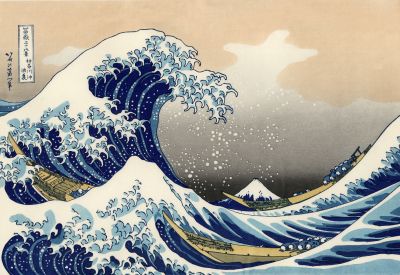
A research background in earthquake engineering seems at first sight like an unusual fit with studying tsunamis. But on her return from Sri Lanka in the wake of the 2004 tsunami, Professor Tiziana Rossetto discovered that very little research had been done into the effects of tsunamis on coastal infrastructure and she wanted to find out more. She will be presenting this research to the public at the TEDx Brussels event on 1 December.

Meeting the world's energy demands is one of the major challenges of our time. Renewables? Nuclear? Fracking? Carbon Capture and Storage? We're desperate to discover a silver bullet. Our researchers are exploring all possible solutions - from mathematical methodologies for adapting our systems to visionary, seemingly whacky, plans for future energy extraction.
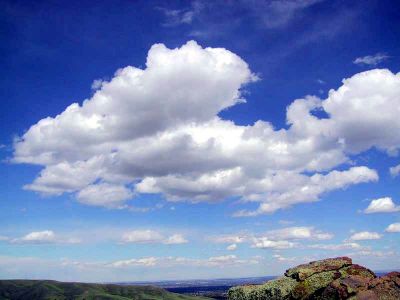
From air quality to solar radiation, information on our atmosphere is of crucial importance to us all. In order to make the right decisions for our current and future quality of life, European decision makers, businesses and citizens need reliable and up-to-date information on exactly what is going on in our atmosphere now and what to expect in the future.
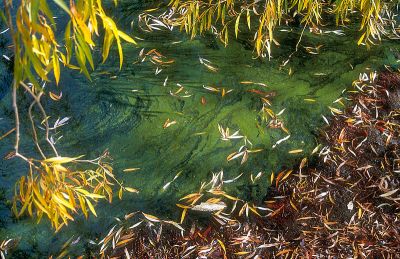
The growth of blue-green algae in our lakes, large ponds, water reservoirs and public waters constitutes a problem for our environment and for our health. These types of algae often result in a deterioration of the water quality and emit a distinctly unpleasant odour. The algae consume a lot of oxygen in the water, leaving little for other animals like fish. They also produce toxins which can cause skin irritations and are suspected to be involved in the occurrence of liver cancer.
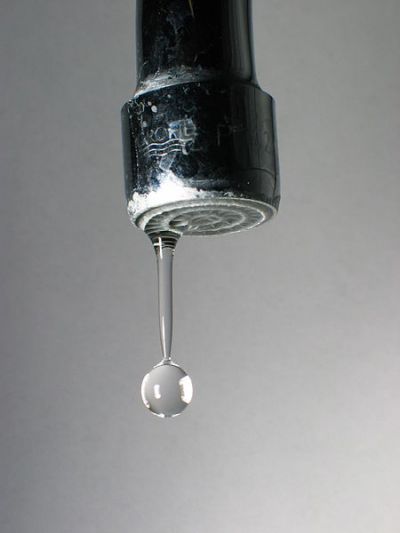
The quality and the quantity of fresh water resources face increasing challenges in many parts of Europe. Climate change, rapid population growth and urbanistion, diminishing freshwater resources, and ageing infrastructure are all taking their toll on our water supply.
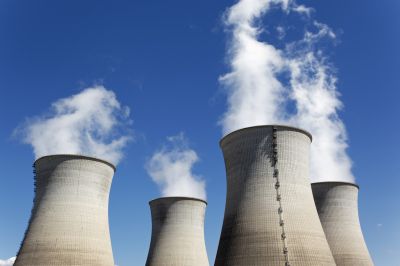
Poor air quality is a major health risk, causing lung diseases, cardiovascular diseases, and cancer. Air pollution also impacts the environment, affecting the quality of fresh water, soil, and ecosystems.
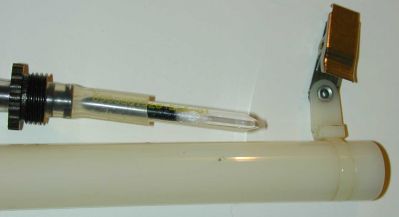
Indoor air quality (IAQ) influences the health and well-being of people but for the last 20 years there has been a growing concern about pollutants in closed environments, the difficulty in identifying them and their critical levels.
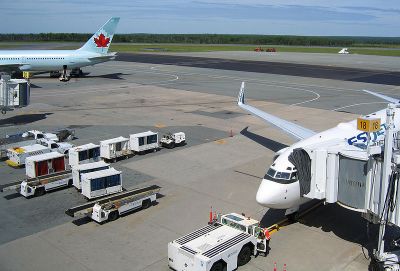
Airports are big energy consumers – and that’s before a plane takes off or lands. The daily electricity and thermal energy used by a large airport compares to that of a city of 100,000 people.
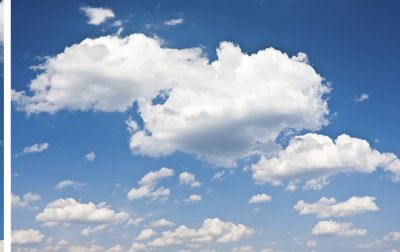
Want to know what the weather will be like tomorrow? A simple internet search will provide a forecast, or, more likely, many forecasts. How can you be sure which one is accurate? And what if you also want to know the pollen count because you are allergic, or pollution levels because you worry about your child's asthma? EU-funded researchers are answering those questions with an innovative online platform providing easy access to comprehensive, accurate, localised and personalised environmental and meteorological information.
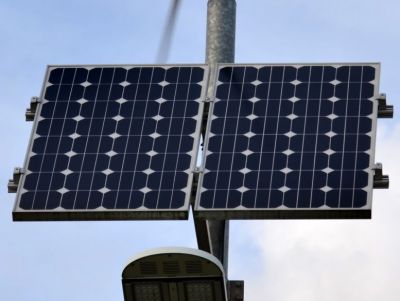
Solar power is potentially an almost limitless resource. The sun provides enough energy in one minute to supply the world’s energy needs for one year. But turning this resource into affordable electricity is difficult – silicon-based solar cells still suffer from a decline in their effectiveness over time. Through her ERC-funded SOLARX project, Professor Hele Savin, of Aalto University in Finland, is investigating a possible route to solving this problem.
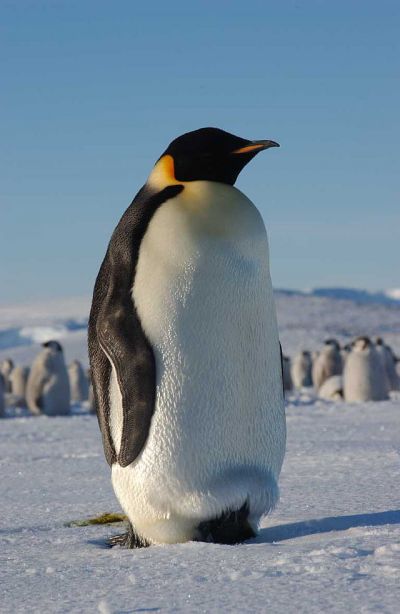
Giant penguins bigger than most humans roamed the Earth millions of years ago. Analysis of 37-million-year-old penguin fossils by a team of researchers from the La Plata Museum in Argentina shows that the so-called ‘colossus penguin’ stood at staggering 2 metres from toe to beak tip.
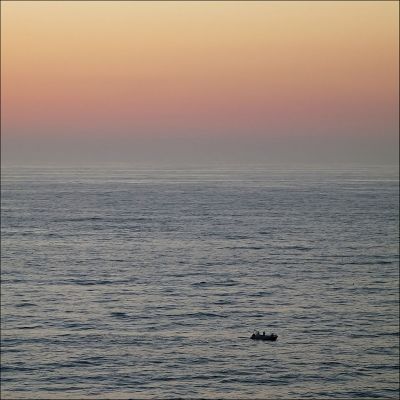
When you think about the Earth’s oceans you probably imagine stretches of deep, dark water, exotic marine life and pristine waves. You probably don’t think of vast islands of plastic waste such as the Great Pacific Garbage Patch, an expanse of rubbish which some say is bigger than the continental United States. It was feared that collections of plastic debris like this were growing in line with our increasing rates of plastic production over the past decades. However, scientists have recently discovered that these floating eyesores are mysteriously receding – and that’s actually not a good thing…
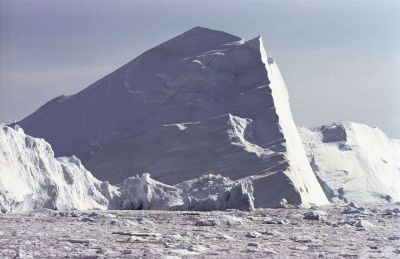
Warming brought on by climate change is causing the icebergs in the Antarctic to drift towards the shore and cause fundamental damage to the rich sea bed ecosystem. The icebergs are scouring the sea floor as they drift close to shore of the west Antarctic Peninsula (WAP). This movement is fundamentally altering the rich sea bed ecosystem.
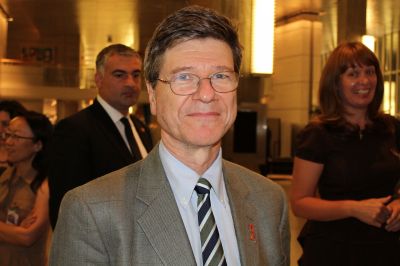
We have reached planetary boundaries - human pressures on finite, earth systems are at a tipping point. However, the technology to address this near catastrophe is now within our reach, according to expert in sustainable development, Jeffrey Sachs.

Rice, maize, soybeans and wheat are the main source of nutrients for over 2 billion people living in poor countries. But with climate change and the rising amount of CO2 in the air we breathe, their already low nutrient value compared to meat, for instance, is set to decrease.





















